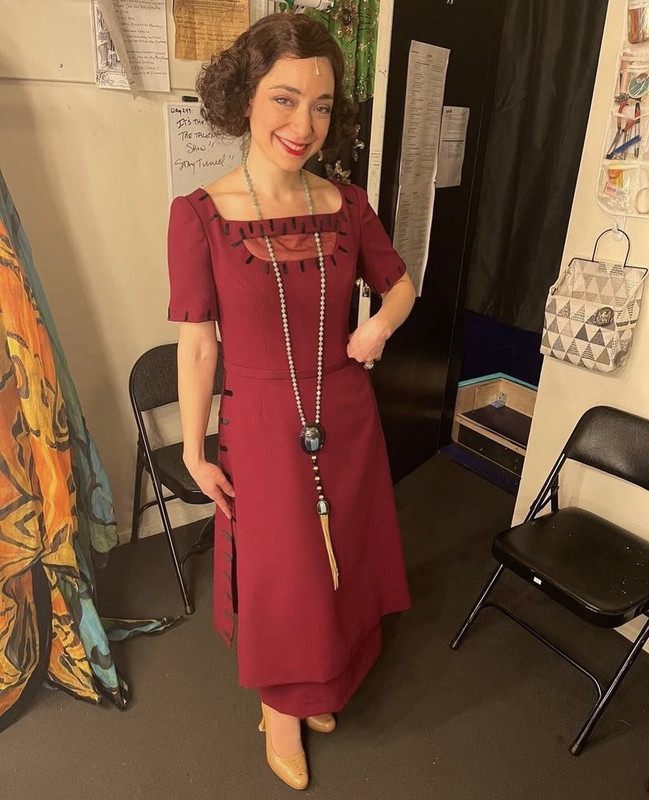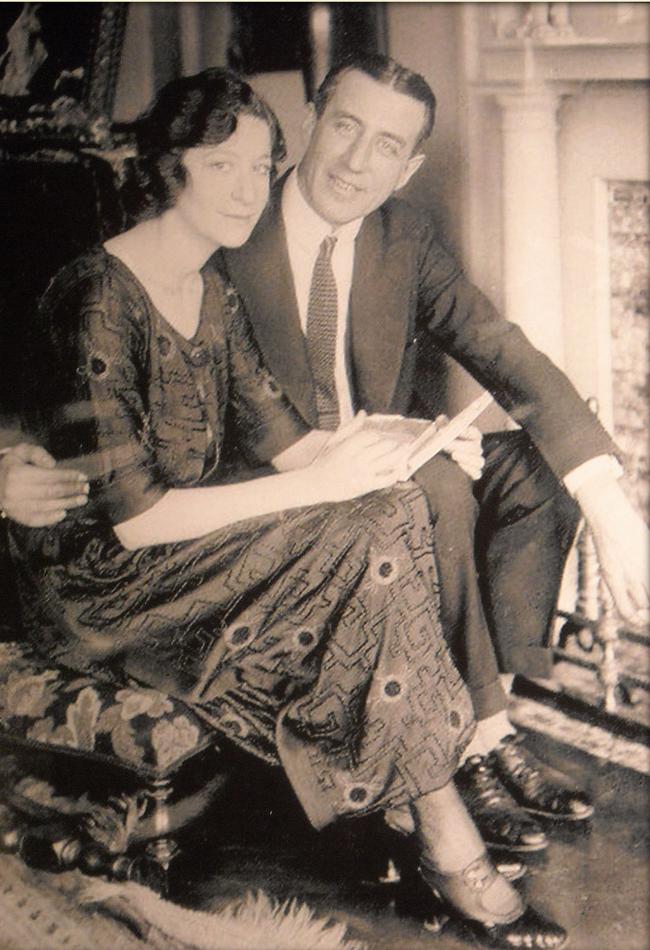Summer Diaries: Funny Girl, How I Learned To Drive, Rigoletto
 |
| Benko as Fanny |
I deliberately avoided Beanie Feldstein in Funny Girl, but when Beanie came down with covid, I decided to buy a ticket. I'd heard nothing but glowing reviews about Beanie's understudy Julie Benko.
The good news: Benko deserves all the accolades. Her voice is AMAZING. No, she doesn't sound anything like Barbra Streisand, but she has a classic Broadway belt. She also has a surprisingly sweet sound when she's not belting. She is a decent dancer and numbers like "His Love Makes Me Beautiful" and "Rat Tat-Tat-Tat" were fun and funny.
Her portrayal is on point too -- she mixes naivete and moxie, all in a tiny, pretty package. She has good chemistry with Ramin Karimloo (Nicky).
There are other attributes to Funny Girl. The score by Jule Styne is wonderful -- there's a reason "People" and "Don't Rain on My Parade" have become pop standards. Jared Grimes gives a great performance as Eddie -- he sings, he dances up a storm, the audience loved him. Jane Lynch, however, was the WASPiest Jewish-mom-from-Brooklyn ever. She has no resemblance to her stage "daughter."
 |
| Real-life Brice and Arnstein |
Funny Girl tells Brice's story exactly the way I suspect she would have wanted it told, and that's a problem. For one, the desire to erase Brice's personal life before Arnstein meant that the musical is extremely episodic -- one minute, Nicky meets Fanny and is taken with her. The next minute Fanny's in the Ziegfeld Follies, and then she's opening shows in Baltimore. Nick shows up again, and the book says it's years later. What happened in between? (In real life, Fanny was 27 and very pregnant when she finally married Nick.)
The second issue with this whitewashing is that everyone is now a flat character. Musical greatness relies on creating round characters, either through the book or the score. Think about it: Hamilton and Burr. Eliza and Higgins. Price and Cunningham. Mama Rose and Louise. These are all round characters. They're written in shades of gray. Fanny in Funny Girl is saintly -- there's nothing she can't do professionally, and she's slavishly loyal to Nick.
 |
| Grimes and Lynch |
The musical instead spends an inordinate amount of time on the Fanny and Nick love story. This love story isn't very compelling, and the second act falls apart. Nick's dark side (gambling, shady investments, stints in jail) is smoothed over to the point where he's just a "gorgeous" guy in a suit. The show also has some cringeworthy dialogue about how by supporting Nick financially, Fanny was "hurting" his male pride. Ramin Karimloo has a nice voice and looks great in a tux, but we don't care about Fanny and Nick and are frankly relieved when this relationship is over. At least Fanny will get to keep her own paycheck.
So that's the big structural issue with the book -- the shapeless, glossed over way it presents the lives of Fanny Brice and Nicky Arnstein. But there's also smaller problems. For one, the humor is very "Uncle Howard's Comedian Friend at the Bar Mitzvah" -- it's that sort of basic humor that offends nobody but also gets no real laughs. "I'm a bagel on a plate full of onion rolls!" is supposed to be a big laugh line.
The production was disappointing. Michael Mayer's direction seems to treat the already dated, lame jokes as sure-fire punch lines. The set by David Zinn is non-descript -- the various scenes of the book aren't really delineated. The only numbers that worked were the big song-and-dance production numbers. No surprise there -- they're probably heavily borrowed from Jerome Robbins' originals.
Watch the real Fanny Brice at work and you'll see what's missing in Funny Girl. Fanny is adorable, she's funny, she's quirky. She holds her own with Judy Garland.



What were your thoughts about Quinn Kelsey's performance as Rigoletto? Or Stephen Costello as the Duke? I saw the same production in the house on May 28th, so curious on your take....
ReplyDeleteKelsey was the same as in the winter. Costello was okay, but not very memorable. He seems to suffer from stage fright and stared anxiously at the prompter all night.
Delete